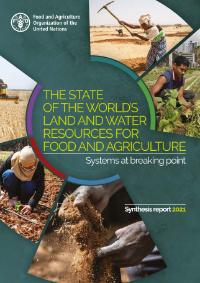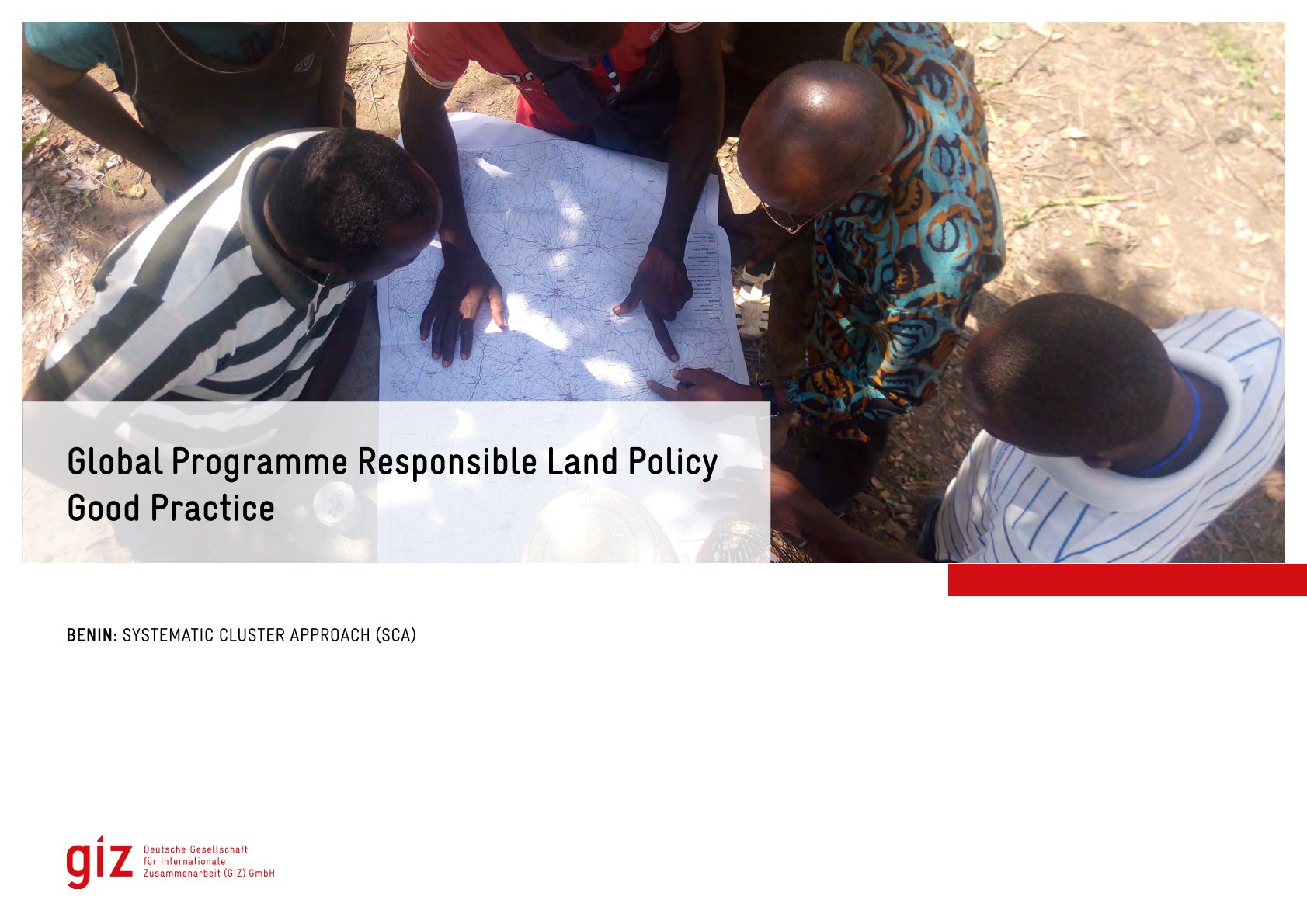El estado de los recursos de tierras y aguas del mundo para la alimentación y la agricultura - Sistemas al límite
Los recursos de aguas, tierras y suelos del mundo están sometidos a presiones debido a que deben satisfacer la mayor demanda de alimentos. La agricultura reviste importancia para mitigar estas presiones y contribuir positivamente a los objetivos relacionados con el clima y el desarrollo. Las prácticas agrícolas sostenibles pueden dar lugar a mejoras directas en el estado de la tierra, el suelo y el agua, así como generar beneficios ecosistémicos y reducir las emisiones derivadas de la tierra.




